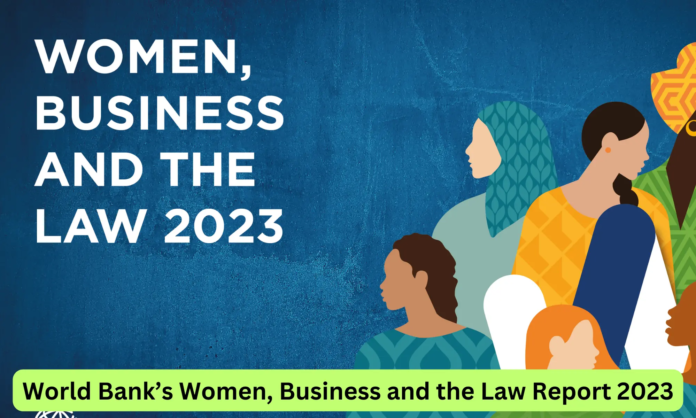
The World Bank has released its latest edition of the Women, Business and the Law report for 2023. The report tracks the progress made by countries towards gender equality in the legal system and identifies areas where there is still work to be done.
The report evaluates 190 countries on eight indicators that affect women’s economic opportunities: mobility, workplace, pay, marriage, parenthood, entrepreneurship, assets, and pensions. These indicators are then used to create an overall score for each country, with 100 being the highest possible score.
According to the report, the average global score for women’s economic inclusion has increased from 76.8 to 78.9, indicating progress towards gender equality in the legal system. However, the report also highlights areas where there is still work to be done, such as parental leave and gender pay gap.
The report also notes that there has been progress in increasing legal protections for women, with 131 countries now having laws against sexual harassment in the workplace, compared to just 52 countries in 2010. The report also notes that more countries have implemented laws protecting women from domestic violence.
However, there are still areas where progress has been slow. The report notes that only 26 countries have laws mandating equal pay for equal work, and only six countries give fathers the same amount of parental leave as mothers.
The report also highlights the importance of women’s entrepreneurship, noting that only 25% of economies have no legal restrictions on women starting a business. The report also notes that women entrepreneurs often face more difficulty than men in accessing credit and finding markets for their products.
In terms of regional rankings, the report notes that high-income economies have the highest average scores, followed by Europe and Central Asia. Sub-Saharan Africa and the Middle East and North Africa have the lowest average scores, highlighting the need for greater progress towards gender equality in these regions.
Overall, the report concludes that there has been progress towards gender equality in the legal system, but more work needs to be done to ensure that women have equal economic opportunities. The report notes that legal reforms alone are not enough, and that broader societal changes are needed to address gender inequality.


